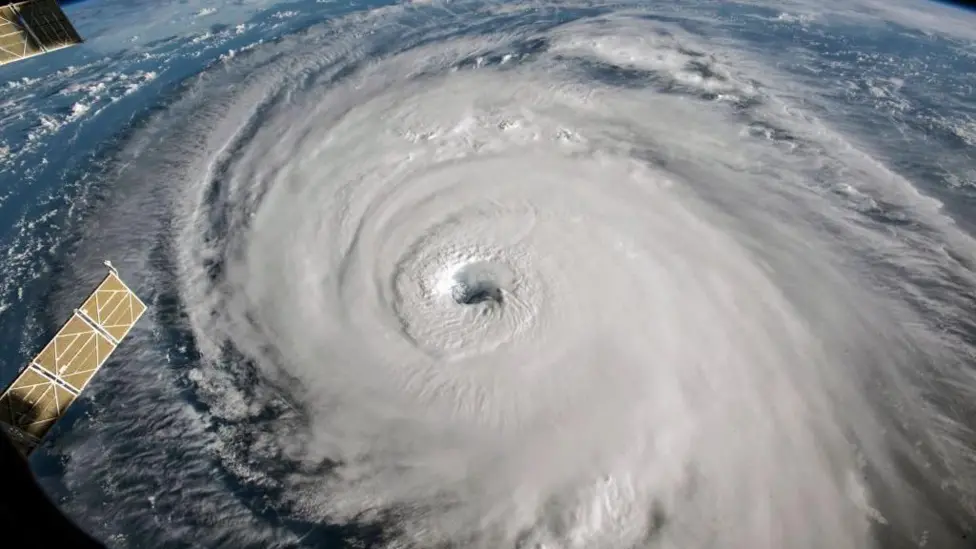Tech Giants Unleash AI on Weather Forecasts: Are They Any Good?
In recent years, major tech giants such as Google, IBM, and Microsoft have been investing heavily in artificial intelligence to improve the accuracy of weather forecasts. By utilizing vast amounts of data and advanced machine learning algorithms, these companies claim to be able to provide more precise and reliable predictions than traditional meteorological methods.
While AI-powered weather forecasting has shown promising results in some studies, there are still concerns about its effectiveness and reliability. Critics argue that the algorithms used by tech giants may not be able to accurately predict complex weather patterns and extreme events.
One of the main advantages of AI in weather forecasting is its ability to analyze huge amounts of data in real-time, allowing for more timely updates and alerts. This can be especially useful in predicting severe weather events such as hurricanes, tornadoes, and snowstorms.
On the other hand, some experts suggest that AI may struggle to accurately predict long-term weather trends and climate change patterns, as these phenomena are influenced by a wide range of factors that may not be fully understood by current machine learning models.
Despite these challenges, tech giants continue to push the boundaries of AI in weather forecasting, with many predicting that it will revolutionize the field in the coming years. Whether these advancements will lead to more accurate and reliable forecasts remains to be seen.
In conclusion, while AI has the potential to significantly improve weather forecasting, there are still limitations to be addressed. As technology continues to evolve, it will be interesting to see how tech giants harness the power of AI to provide better insights into our ever-changing climate.






More Stories